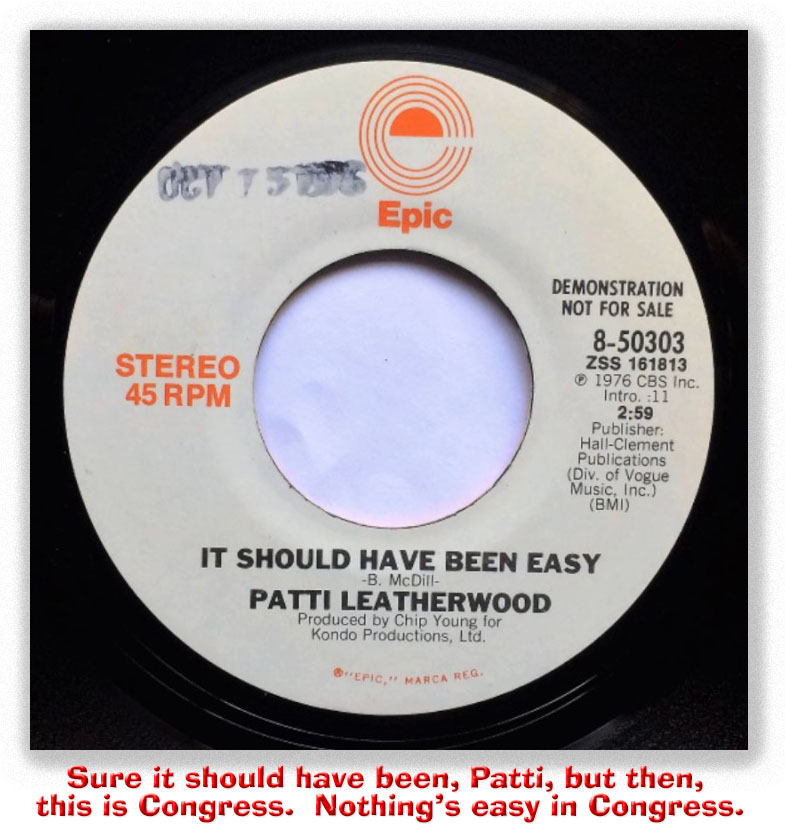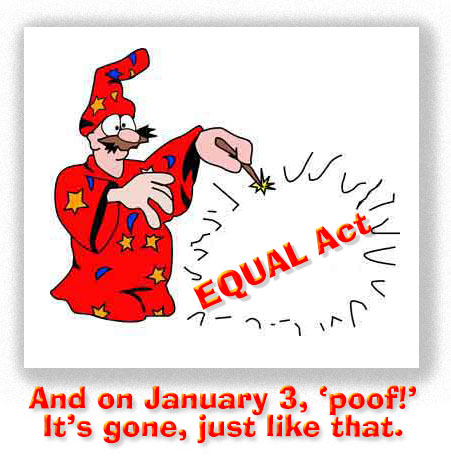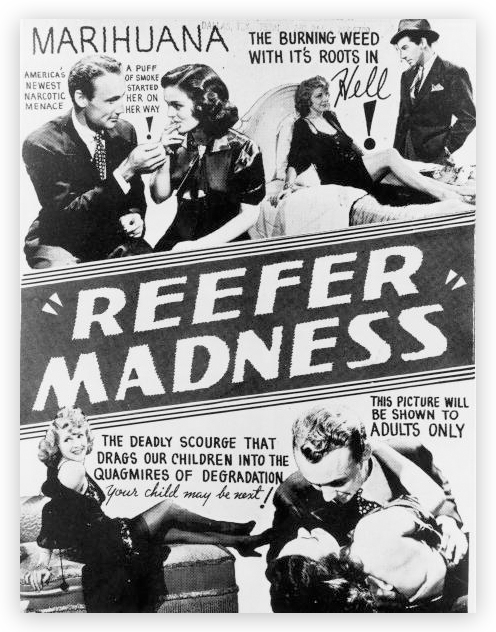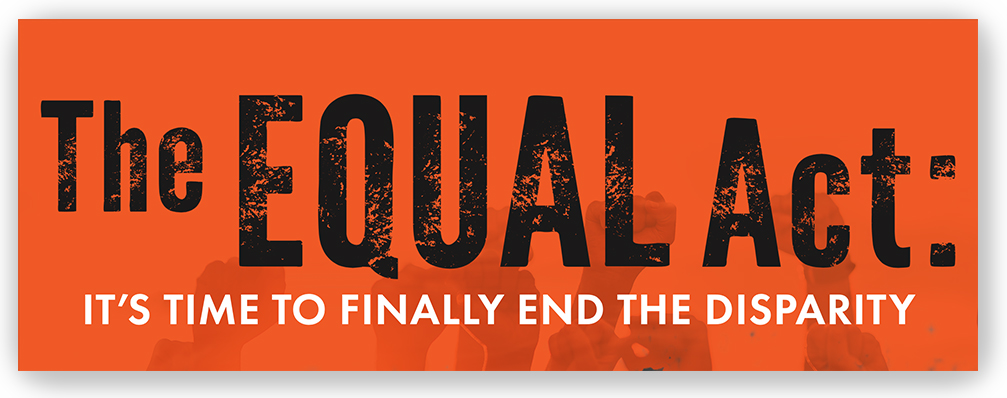We post news and comment on federal criminal justice issues, focused primarily on trial and post-conviction matters, legislative initiatives, and sentencing issues.

THIS WEEK MAY BE EQUAL ACT’S LAST STAND
 Politico, a website covering Capitol Hill goings-on, reported last week that efforts to attach the EQUAL Act (S.79) – a bill that would make crack and powder cocaine the same for sentencing, to the National Defense Authorization Act (H.R.8900) – are “no longer expected.”
Politico, a website covering Capitol Hill goings-on, reported last week that efforts to attach the EQUAL Act (S.79) – a bill that would make crack and powder cocaine the same for sentencing, to the National Defense Authorization Act (H.R.8900) – are “no longer expected.”
However, Senate Judiciary Committee chairman Richard Durbin (D-IL) confirmed to Bloomberg that Democrats are still considering attaching the bill to the NDAA, which Congress must approve every year to fund the military. If attaching EQUAL to NDAA fails, the Senate might instead attach it to a package of spending bills to fund the federal government that must pass by this Friday.
Taylor Foy, a spokesperson for Grassley, told Bloomberg that it appears unlikely that a deal will be reached to include a measure on cocaine sentencing in the NDAA, but there might be an opportunity to include the provision in the upcoming government funding package.
Sen Cory Booker (D-NJ), one of the EQUAL Act’s sponsors, admitted, “we’re in a tough negotiation moment right now. I just want to make sure that I focus on doing what I can to get something over the line, as opposed to talking about strategy.”
 Time is short, with only a few weeks until this congressional session ends on January 3. When the session ends, all unpassed bills – including EQUAL – will disappear.
Time is short, with only a few weeks until this congressional session ends on January 3. When the session ends, all unpassed bills – including EQUAL – will disappear.
Although EQUAL passed the House overwhelmingly last summer, it stalled in the Senate as Sen Charles Grassley (R-IA) proposed the SMART Cocaine Sentencing Act (S.4116), an alternative that would maintain a 2.5:1 ratio of crack to powder, and put all retroactivity decisions in the hands of the Dept of Justice. Current talks seem to be adopting Grassley’s 2.5:1 ratio. Senate Democrats have rejected Grassley’s proposal that DOJ should be the sole authority to decide which prisoners should have EQUAL’s benefits applied to their sentences retroactively. As a result, Politico reports, “negotiators are now discussing removing retroactivity altogether, according to a Democratic aide.”
FAMM President Kevin Ring said it would be “immoral to pass a bill that did not provide relief to those whose sentences were so bad that it convinced Congress to change the law.” Holly Harris, president of the Justice Action Network, said, “The thought that this would die at the last minute in a procedural machination in the Senate is unconscionable to me. The obituary on this bill would be the greatest indictment of Washington that you have ever read.”
 Writing in his Sentencing Law and Policy blog last week, Ohio State University law professor Doug Berman said, “Given that the House so overwhelming passed the EQUAL Act last year, I want to believe there is a chance for some kind of reforms in the next Congress even with the GOP in control of the House. But that might be crazy talk, so maybe this lame-duck period is the last best chance for crack sentencing reform. But at this late date, I am certainly not optimistic.”
Writing in his Sentencing Law and Policy blog last week, Ohio State University law professor Doug Berman said, “Given that the House so overwhelming passed the EQUAL Act last year, I want to believe there is a chance for some kind of reforms in the next Congress even with the GOP in control of the House. But that might be crazy talk, so maybe this lame-duck period is the last best chance for crack sentencing reform. But at this late date, I am certainly not optimistic.”
Politico, Cocaine sentencing reform hits ‘tough negotiation moment (December 6, 2022)
National Defense Authorization Act (H.R. 8900)
EQUAL Act (S.79)
SMART Cocaine Sentencing Act (S.4116)
Bloomberg, Senators Seek Deal to End Cocaine Sentencing Disparity Before Year-End (December 6, 2022)
Sentencing Law and Policy, Discouraging report on a possible last gasp for this Congress to pass the EQUAL Act (December 6, 2022)
– Thomas L. Root





